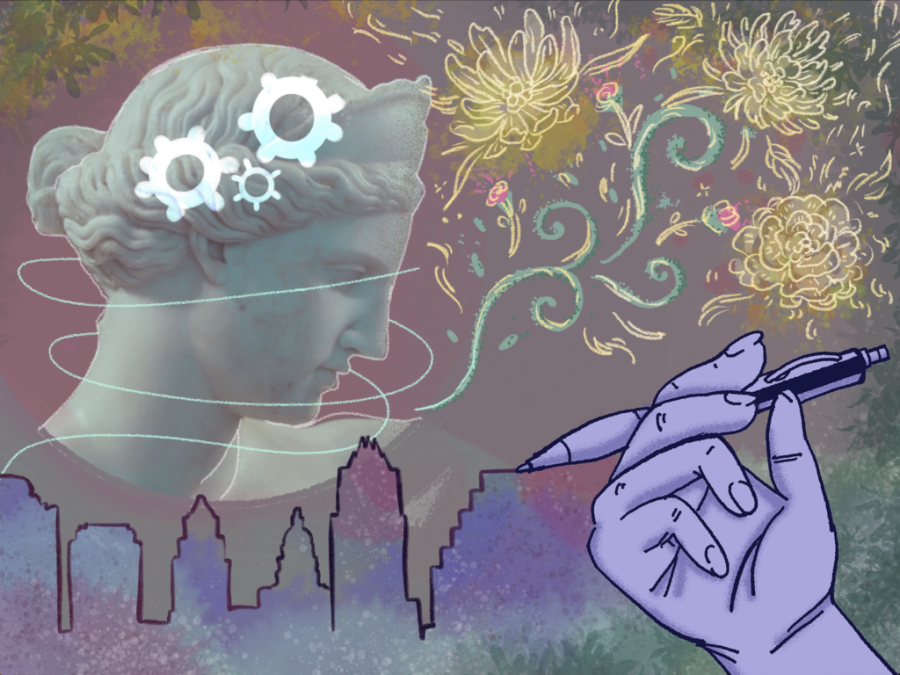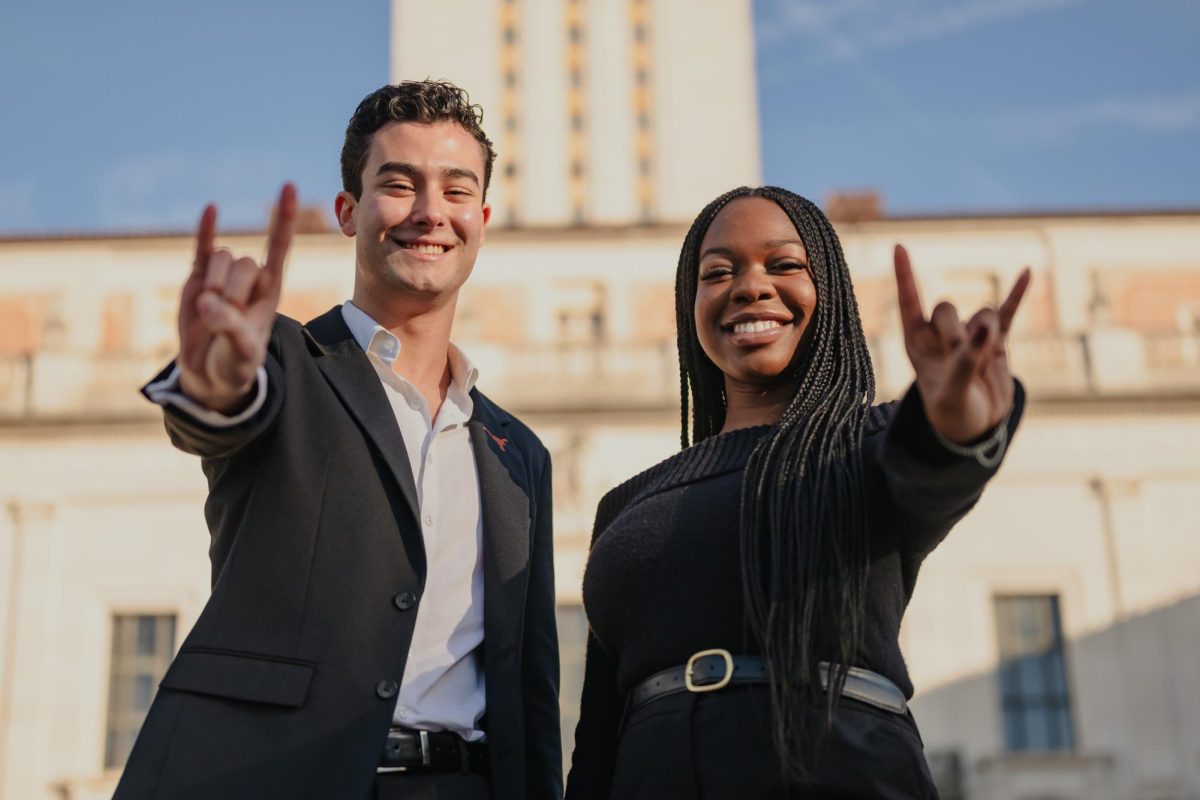The importance of a liberal arts education cannot be understated. The ability to think critically and ask questions is fundamental to creating a culture of scholars that will enter the world with the best mindset possible.
This was the goal in the implementation of signature courses in 2010 by the Department of Undergraduate Studies. That goal, however, has not been entirely met.
Limited seats and niche subject matters mean that freshmen are often stuck in unhelpful classes they have little to no interest in. A large-scale, first-year seminar would solve this problem.
UT should replace UGS signature courses with a “human situation” esque course, which would introduce freshmen to a liberal arts education and reinforce the importance of the humanities.
Due to the limited number of seats in signature courses, students are often forced to take a class that they aren’t interested in or believe won’t have relevance to the rest of their academic careers.
“You’re going to have students that don’t want to be there, but they’re just taking it because they have to,” said nutrition freshman Emmanuel Ogu, who completed his signature course on the Black athlete experience last fall. “A lot of people end up in UGS classes they don't want because there’s not enough seats.”
The subjects of signature courses can be very niche, meaning it can be hard for students to stay engaged if they don’t immediately buy into the mission of the class they are in.
“In the moment, it might be difficult to see maybe the purpose or the value of taking a signature course while [students] are taking it,” said Patty Moran Micks, assistant dean for the First-Year Experience in the School of Undergraduate Studies. “It’s when students are past their signature course when we get those emails back from them saying ‘yeah, ok, I get it now.’”
Though students might look back on their signature course with an appreciation, it still does not make enduring the semester any easier in the moment. Students are not able to stay engaged in course material unrelated to their interests and academic goals.
This can be fixed with a broader, general first-year seminar.
The Honors College at the University of Houston requires all first-year students to take a course called “the human situation,” which serves on the surface as a great books seminar, with a discussion component.
“It's about having engaged with a complicated text in multiple ways and having developed some skills of reading carefully, being courageous and trying out interpretive ideas,” said David Rainbow, a UH Honors faculty member. “We try to provide a context in our discussion sections where students are encouraged to be bold in their thinking and to try out ideas and be willing to have those ideas on the table.”
This is a huge aspect of what is missing from the current signature courses model –– a sense of community. UGS courses lack the feeling that so many students are all in the same boat.
With a broader take on a liberal arts education, it is easier to hone in on all-encompassing ideas that do interest students, which in turn allows them to pick up and hold on to these core principles that UGS is supposed to uphold.
UT should replace signature courses with a broad “human situation” esque course. There is so much great conversation to be had in the humanities, conversations that have been taking place among all sorts of societies for centuries.
A larger seminar would keep students of all disciplines connected to their peers, as well as foster a much-needed sense of community.
Díaz is a english sophomore from San Antonio, Texas.





















